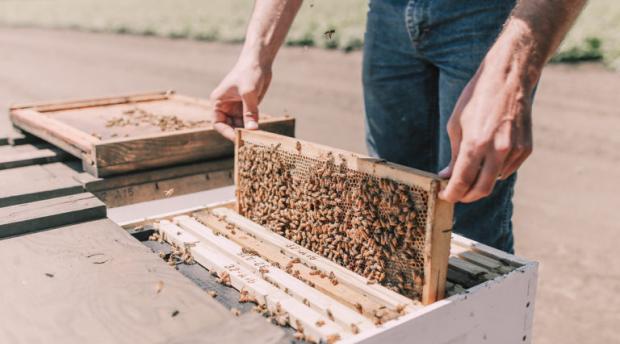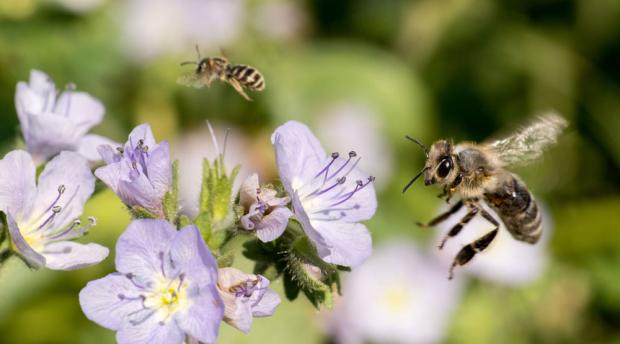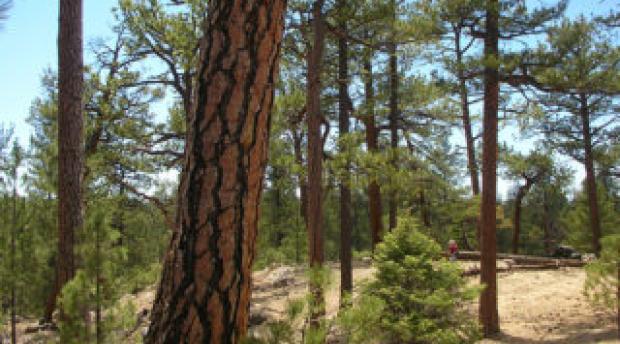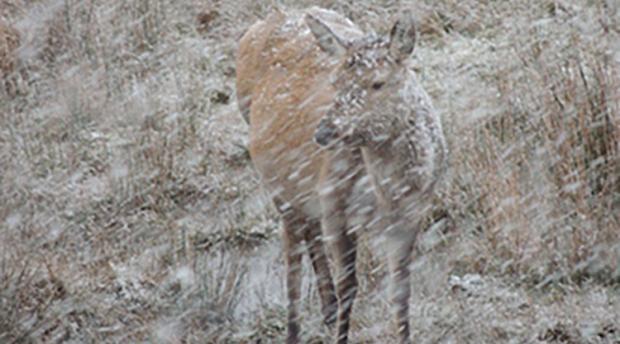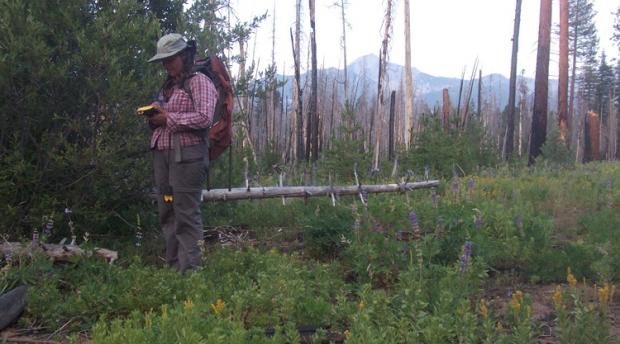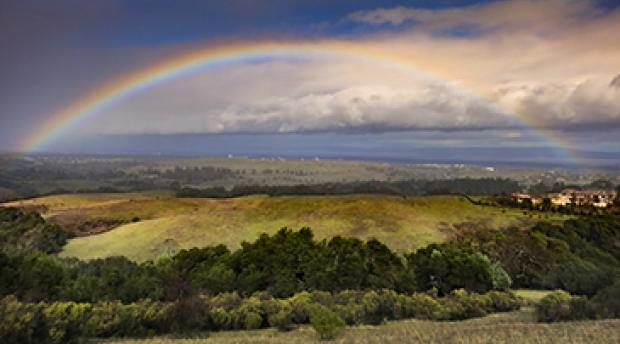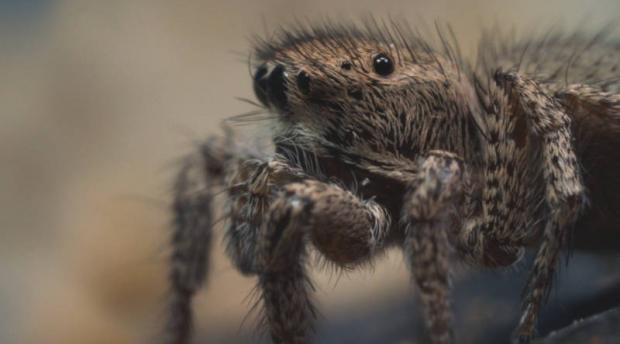Research
Cannabis Crop Expansion Threatens Wildlife Habitats
Without land-use policies to limit its environmental footprint, the impacts of cannabis farming could get worse, according to a new study.
UC Berkeley establishes new Institute for Parks, People, and Biodiversity
The new institute will be led by former National Parks Service Director Jon Jarvis.
Berkeley Food Institute podcast features ESPM researchers
Professor Kremen was recently interviewed about California’s native pollinators on an episode of Just Food.
ESPM experts on Northern California’s wildfires
Faculty and researchers share research findings, strategies for wildfire management, and policy recommendations.
New report tackles health of CA headwater forests
A new Public Policy Institute of California report calls for more active management of the state's headwater forests.
As biotic communities form, pollinators swap one plant for another
A new study from UC Berkeley researchers helps create a clearer understanding of how networks of plants and pollinators form over time to create communities.
17.6M Americans live close to active oil and gas wells
Living within a mile of active wells has been correlated to increased health risks, including heart disease and cancer.
Noise pollution loudest in black neighborhoods, segregated cities
New research from Rachel Morello-Frosch finds that noise pollution is loudest in black neighborhoods and segregated cities
Stress worsens effects of toxic chemicals in pregnant women
A new study indicates that the impact of a pregnant woman’s exposure to several toxic chemicals commonly found in the environment was generally larger if the mother was stressed.
Study refutes findings behind challenge to Sierra Nevada forest restoration
A study led by ecologists at UC Berkeley has found significant flaws in the research used to challenge the U.S. Forest Service plan to restore Sierra Nevada forests to less dense, and less fire-prone, environments.
Predicting Pesticide Impact on River Diversity
A new model developed by members of the Resh Lab can assist researchers in studying how future climate change and pesticide runoff could together impact macroinvertebrate diversity in rivers, which could in turn affect the health of surrounding ecosystems.
When human illness rises, the environment suffers, too
Research from the Brashares lab shows that in a fishing community with high rates of disease and declining fish stocks around Kenya’s Lake Victoria, human illness exacerbates unsustainable fishing practices.
Climate change has the potential to alter natural selection, study finds
Changing rainfall and drought patterns likely play a key role in shaping natural selection among plants and animals in the wild, according to a study co-authored by associate professor Stephanie Carlson.
CRISPR research institute expands into agriculture, microbiology
The Innovative Genomics Institute (IGI) will expand efforts to explore the potential of gene editing in the areas of agriculture and microbiology. ESPM professor Jill Banfield will lead the microbiology group.
Climate change could kill off parasites, destabilizing ecosystems
A new review led by UC Berkeley suggests that climate change threatens parasites with extinction, which could have big consequences for ecosystems.
Compact CRISPR systems found in some of world’s smallest microbes
Berkeley researchers found two compact CRISPR systems, CasX and CasY, nearly doubling the potential tools like CRISPR-Cas9 for genome editing.
Study finds wide exposure to environmental toxics in cohort of pregnant women
A new study measures exposure to 59 toxic chemicals in pregnant women and their newborns, and finds that the pollutants show up in higher levels in the newborns.
Wildfire management vs. suppression benefits forest and watershed
An unprecedented 40-year experiment in a 40,000-acre valley of Yosemite National Park strongly supports the idea that managing fire, rather than suppressing it, makes wilderness areas more resilient to fire.
Understanding the Effects of Previous-Year Rainfall on Grasslands
In a recent study of California annual grasslands, a new perspective on an old subject helped CNR researchers enhance their understanding of the effects of rainfall on grassland composition.
KQED takes a "Deep Look" at randy spiders
KQED's "Deep Look" series recently profiled the research of graduate student Erin Brandt, who is studying the elaborate mating rituals of colorful male jumping spiders.




